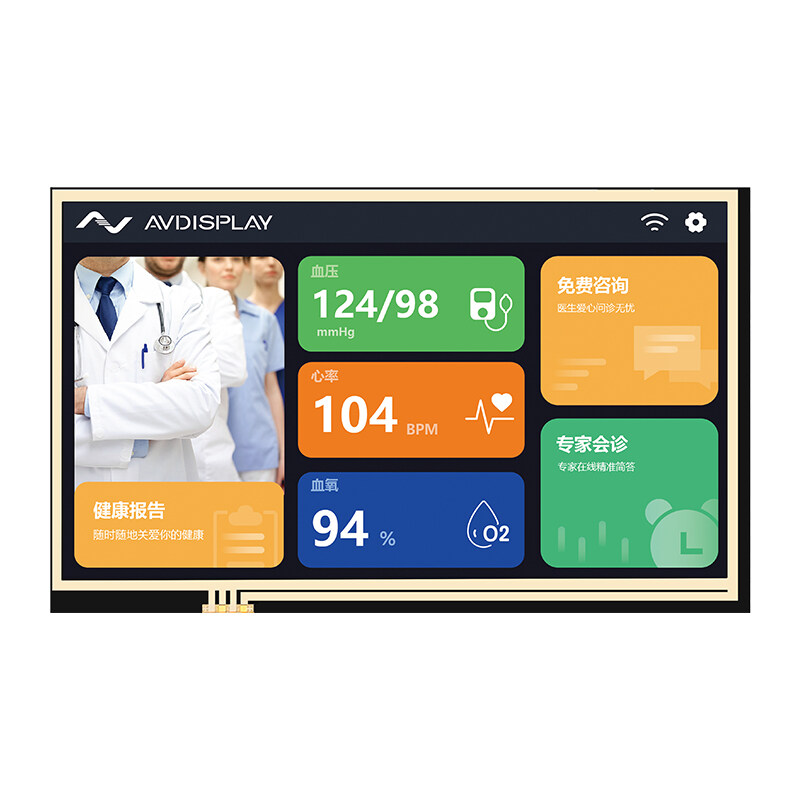Email format error
Email cannot be empty
Email already exists
6-20 characters(letters plus numbers only)
The password is inconsistent
Email format error
Email cannot be empty
Email does not exist
6-20 characters(letters plus numbers only)
The password is inconsistent


Introduction
In recent years, the automotive industry has witnessed a significant transformation, driven by advancements in technology. One such innovation that has revolutionised the automotive sector is the microchip automotive MCU (microcontroller unit). These tiny yet powerful devices have paved the way for smart mobility, enabling vehicles to become more intelligent, efficient, and connected. In this blog post, we will explore the capabilities and impact of microchip automotive MCUs in shaping the future of transportation.
What are Microchip Automotive MCUs?
Microchip automotive MCUs are integrated circuits that combine a microprocessor, memory, and input and output peripherals into a single chip. These compact devices are specifically designed to meet the stringent requirements of the automotive industry, including temperature resistance, electromagnetic compatibility, and reliability. They serve as the brains of modern vehicles, controlling various functions such as engine management, safety systems, infotainment, and connectivity.

Enhanced Vehicle Performance
Microchip automotive MCUs play a crucial role in enhancing vehicle performance. With their high processing power and real-time capabilities, these MCUs enable faster and more accurate data processing, resulting in improved engine performance, fuel efficiency, and overall vehicle dynamics. They also facilitate advanced driver assistance systems (ADAS), enabling features like adaptive cruise control, lane-keeping assist, and collision avoidance.
Connectivity and infotainment
In the era of smart mobility, connectivity is paramount. Microchip automotive MCUs enable seamless integration of vehicles with external networks, such as cellular networks and the Internet of Things (IoT). This connectivity allows for real-time data exchange, enabling features like remote diagnostics, over-the-air updates, and vehicle-to-vehicle communication. Additionally, these MCUs power advanced infotainment systems, providing occupants with a rich multimedia experience, including navigation, entertainment, and voice recognition.
Safety and Security
Safety is a top priority in the automotive industry, and microchip automotive MCUs play a vital role in ensuring vehicle and occupant safety. These MCUs enable the implementation of advanced safety systems such as anti-lock braking systems (ABS), electronic stability control (ESC), and airbag control. Moreover, they incorporate robust security features to protect against cyber threats, ensuring the integrity and confidentiality of vehicle data.
Electrification and Autonomous Driving
Microchip automotive MCUs are instrumental in the electrification and autonomous driving revolutions. With the rise of electric vehicles (EVs), these MCUs enable efficient power management, battery monitoring, and motor control, maximising the range and performance of EVs. Furthermore, they provide the necessary processing power for autonomous driving systems, including sensor fusion, perception, and decision-making algorithms.
Future Trends and Challenges
As the automotive industry continues to evolve, microchip automotive MCUs will face new challenges and opportunities. The increasing demand for electric and autonomous vehicles will require even more powerful and energy-efficient MCUs. Additionally, the integration of artificial intelligence and machine learning capabilities into these MCUs will enable more advanced and adaptive functionalities. However, ensuring the security and privacy of connected vehicles will remain a significant challenge.
Environmental Impact
Microchip automotive MCUs also contribute to reducing the environmental impact of vehicles. By optimising engine performance and enabling efficient power management in electric vehicles, these MCUs help reduce fuel consumption and greenhouse gas emissions. Additionally, the integration of smart mobility features, such as traffic management and intelligent routing, can further reduce congestion and improve overall transportation efficiency.
Conclusion
Microchip automotive MCUs have transformed the automotive industry, enabling vehicles to become smarter, safer, and more connected. These tiny yet powerful devices have revolutionised vehicle performance, connectivity, safety, and autonomy. As we move towards a future of smart mobility, microchip automotive MCUs will continue to play a pivotal role in shaping the transportation landscape, making our journeys more efficient, enjoyable, and sustainable. With ongoing advancements and challenges, the potential for microchip automotive MCUs to revolutionise the automotive industry is limitless.